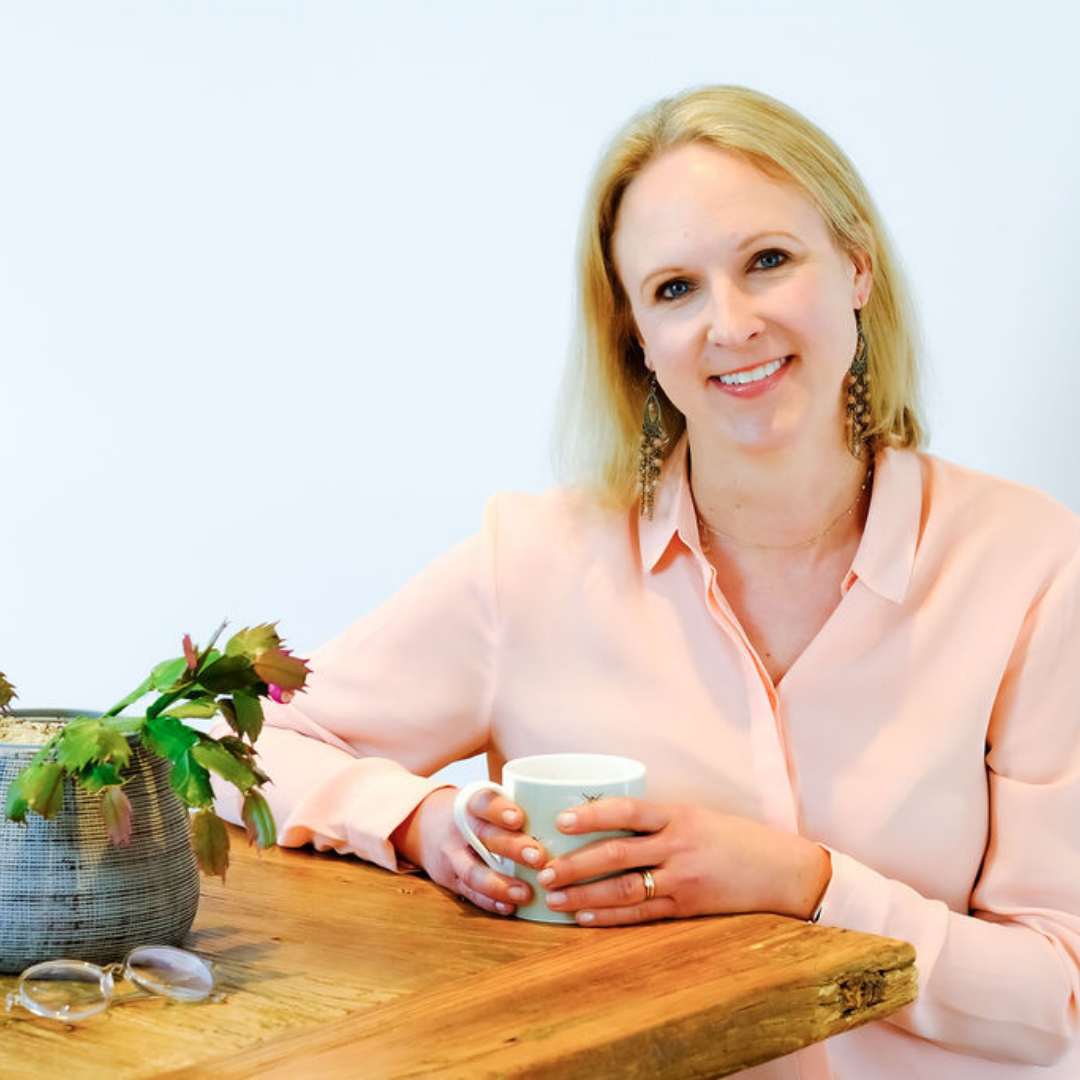The Challenges of Management in Major Donor Fundraising!

I’ve had some difficult situations both line managing and reporting upwards in major donor fundraising. Many fundraisers I work with don’t feel supported by their manager to build and grow their major donor programmes. Their managers, especially if they haven’t worked on major donor fundraising before, can find it tough managing this income stream.
It’s something that features in nearly all of my work with charities, whether coaching 1-2-1s, consultancy projects or training sessions. So read on for some practical tips on management and major donor fundraising.

Major donor fundraising can be a long game with it sometimes taking 12 months or more to develop a major donor relationship to get a large gift. If you’re only measuring income, and not the steps on the road to get there, there can be some “twitchiness”.
What do I mean by this?
If your manager doesn’t know major donor fundraising they may start to wonder if what you’re doing is on the right track. Why hasn’t more money come in? This is especially true with a young major donor programme.
You may also start to doubt yourself – are you doing enough? Should you just ask for a gift anyway, even though deep down you know the relationship isn’t really in the right place?
I recommend “Curiosity Conversations” as a KPI across all of my work. Whether on the phone thanking a brand new donor, or meeting with an ultra high-net-worth individual to discuss a proposal, these conversations are vital! You are being curious, listening to them and finding out more to move the relationship forward.
Because when we focus outwards rather than inwards, more opportunities open up.
These curiosity conversations are brilliant steps on the road to large gifts. So don’t keep these successes to yourself.
I recommend you track your curiosity conversations, celebrate them and share them with your manager and beyond.

I got continually frustrated in one fundraising role because my line manager didn’t really understand major donor fundraising. They’d often make suggestions in our 1-2-1s that weren’t going to help progress relationships with donors. I couldn’t change the fact that they hadn’t been a major donor fundraiser. But I made the conscious decision to be more patient and starting explaining why we were taking certain approaches:
- Why we wanted to reduce our major donor events so we could be more strategic
- Why I wasn’t going to ask certain donors for money yet, but the plan instead
- How a curiosity meeting, just understanding the donor more had led to a great next step, and not money, yet! But a great step nonetheless.
This takes time, and it’s something that you don’t always have. But it is worth it. Yes managers have responsibilities (keep reading for more on this) but if you can put yourself in a more giving and generous mindset with your knowledge, you might find it helps reduce those frustrations.
At a first coaching session with a fundraiser, they disclosed they’d called a major donor to ask for a Christmas gift against their judgement. The donor had given a large gift the previous year, but had received little thanks, stewardship or engagement since. “My manager said we needed to call these donors and ask” she recalled and “we were down on our Christmas target.” The fundraiser unsurprisingly got a frosty response from this particular major donor.
Imagine if that fundraiser had explained to their manager that she wasn’t going to call this donor and why. That instead she was going to:
- Acknowledge the lack of contact and apologise to the donor
- Try to reconnect with them, offer to meet in the New Year and explain the impact their gift had.
Trust your instincts…And share them with your manager.

As I’ve already mentioned, I hear from a lot of major donor fundraisers who don’t feel supported by their manager. I’ve been there as a Fundraising Director, with tight budgets and even tighter time pressures, so please know that this is not meant to “have a go” at managers.
What I do want to do is give some perspectives to help close the divide.
And if you are the fundraiser responsible for major donor fundraising this could also help you! 💪🏼
The questions below sound really obvious to ask the major gift fundraiser(s) in your team. But in a fast-paced, high-pressured role it can be easy to rush on without having had these discussions.
- What does your major gift fundraiser need to succeed? 🤑
It could be:
- More of the CEO’s time for meetings and call to donors
- Someone to talk through next steps with donors; training to get more know-how or 1-2-1 support. Both of which I offer through Summit! 🤣
- More knowledge on how to set up a new major donor programme. It’s tough starting with a blank page which is why I run Major Donor Fundraising from Scratch.
If you “don’t have” budget for training or support, this blog is worth a read on the reality of needing to invest to grow a major donor income stream, or any area of fundraising frankly!
- How can you together, secure more curiosity conversations with existing and potential major donors? 🤳🏼
Tracking progress and success in a major donor fundraising is so much more than tracking income. Remember the all-important “curiosity conversations” that will unlock your major donor programme.
The challenge is, securing these donor conversations takes time and perseverance; support from others with this can look like:
- Introductions from trustees
- Administrative help putting on a major donor event to have these conversations (then your fundraiser’s time can be freed up to research, plan and follow up next steps!)
- Willingness for leadership to approach donors, with support from the fundraiser
- What other objectives will you measure together? 💹
Having a conversation about what you’re working towards, together, builds trust.
This could include:
- Tracking donor retention – keeping donors year on year is an achievement – acknowledge that! So many programmes I work with are fixated on “new donors” instead of looking after and growing those they have.
- What feedback are you getting from donors? Ask them about their experiences and log this feedback.
- A new major donor programme? What is realistic to have in place by the end of year 1? E.g. a prioritised list of potential major donors. The Summit Major Donor Fundraising from Scratch course covers this and much more.

If you’re recruiting for a major donor role right now, you’ll understand exactly why this is so crucial.
Major donor fundraising roles are incredibly challenging to fill, and retention in the sector is not good on average. This creates a real problem in an area of fundraising that relies on long-term relationships!
And it costs thousands of pounds/euros/dollars to recruit major donor fundraisers – recruitment fees, damaged major donor relationships, lost income and time investment from managers.
So, finally:
How can your major donor fundraiser progress in their career without leaving?!
In fundraising, often the only route for someone to progress is to line manage. For some that will be their aim. For many in the sector though, a step up to line management is just the default and only way to get more responsibility and often a much-needed pay rise.
How can you create role(s) that give excellent relationship managers the space to shine at a more senior level, without having to get a “Head of” or management role?
As one fundraiser said to me in a one to one coaching session:
“I want to progress but I just want to focus on portfolio management and be the best major donor fundraiser I can be”.
I was surprised and delighted years ago when I discovered that UCL and other universities had senior salaried roles, focused solely on external major donor relationships. They may have been paid as much as a Head or Director of Fundraising in some organisations, but their sole focus was external, building fantastic donor relationships and inspiring them to give large gifts.
This may involve some challenging conversations with HR or leadership, but trust me, you do not want to have a vacant major donor role to fill!
And it’s a weakness of our sector that we don’t allow expertise and progression to be rewarded in a more senior post, that isn’t a management or leadership one.
Because supporting and keeping major donor fundraisers is such a critical part of success in major donor fundraising.
I hope these tips are helpful and if you need any support with your major donor fundraising, just get in touch.

Louise Morris is the Founder of Summit Fundraising. She is a major donor fundraising specialist and has worked with over 200 charities helping them raise large gifts.
